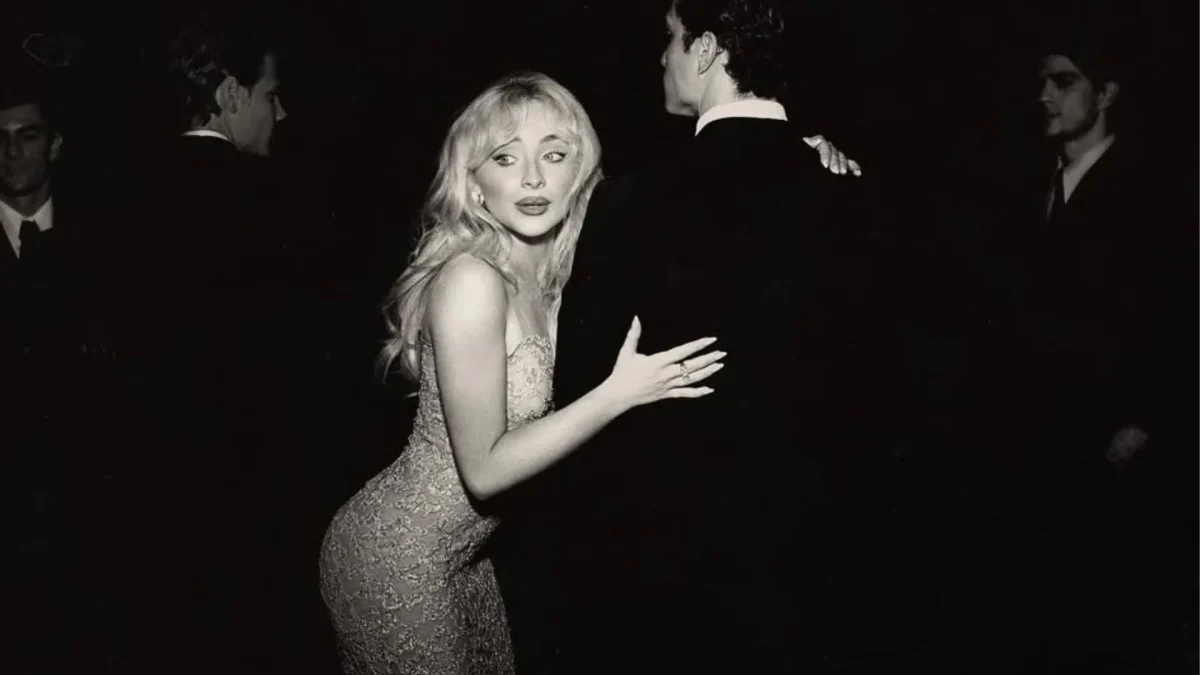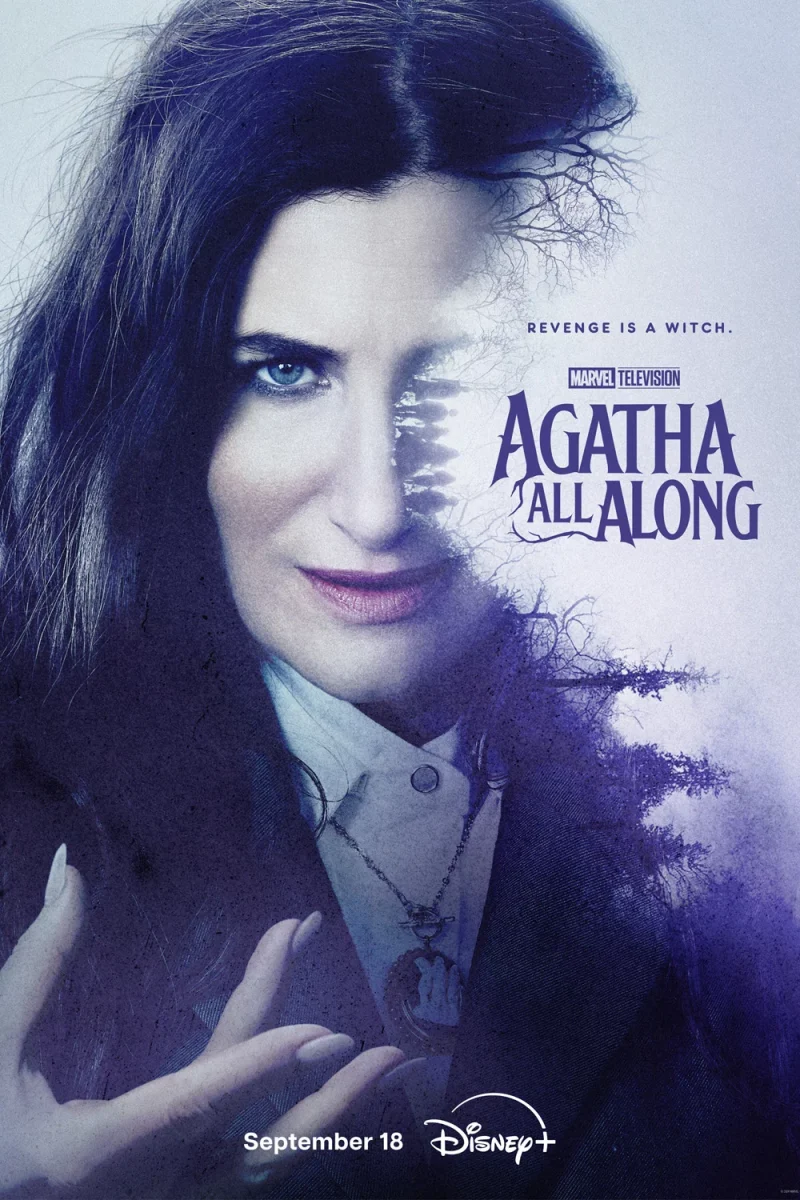With the appearance of The Black Keys on “The Stephen Colbert Show” in 2010, a transformation in the band was evident. Dan Auerbach – singer and guitarist for the band – had traded in his gruff and grizzled look for a clean-shaven, polished off appearance. The physical transition permeated into the band’s newest release at the time, “Brothers,” exchanging blisteringly distorted guitar tones and pounding drums for a full band featuring keyboards and bass. However, drummer Patrick Carney was less prominent in “Brothers”, since Auerbach was in charge of most of the arrangements, and the drum parts were toned down and kept simple.
A second transformation has taken place in their newest album, “El Camino.” But the form assumed in this incarnation seems more uncertain than the previous.
The fatal flaw that the new release “El Camino” suffers from is indecision. Although the songs have some variety, they lack cohesiveness as a whole, and the transitions feel disjunctive between each track. Auerbach seems unsure if he wants to pursue a beach-rock type of style, with Carney providing the surfer-style drums, or regress to their older albums. The song “Money Maker” feels as though it could’ve been pulled off their previous release, “Magic Potion”, with its riff-centric nature and lo-fi feel. Most of the other songs, however, have almost no direction in style or purpose. The conflicting ideas that Auerbach implements are almost distracting, such as putting overly layered vocals on nearly every track on the album, and forcing keyboard parts into half of them. In addition, the first track “Lonely Boy,” is almost mimicked by the later song, “Hell of a Season.” The two tracks feature an almost identical melody, and the drums have only minor differences as well. It seems a lazy attempt to tack on an eleventh song to this disappointingly short album.
To counter these flaws, the album does feature several standout songs. One is hidden in the tail end of the 11-track release, dubbed “Stop Stop”. It breathes a bit of fresh air into the album, with a drumbeat that doesn’t feel overthought, and vocals that aren’t overly processed. It brings back the original appeal of The Black Keys – the locked in synchronicity of Auerbach and Carney.
The beginning of “Little Black Submarines” seems promising, providing some broken down variety to the album. It contrasts the other songs, which seem so muddled with multiple instruments that detract from the song itself. But unfortunately halfway through the song, Auerbach dons an electric guitar, and counters the calm acoustic nature with a rowdy, fuzzy, White-Stripes-like riff. The change seems jarring, and the riff itself seems almost immature compared to the standard concoction Auerbach comes up with. Luckily, this awkward transition is saved by Patrick Carney, who is insistent on making sure he isn’t seen as a Meg White, by providing some weight to the song and eventually causing the transition to be glossed over as the second part of the song saves it.
Although the second track, “Dead and Gone” features the overused ‘Choir of Auerbachs’, it fits well in this song, and the track is an excellent display of Auerbach’s vocal prowess. He trades in his standard wailing, warbling voice to show that he has evolved as a vocalist, with has superb control.
Finally, the track “Sisters,” seems a play on words of the previous album title. Coincidentally, the song sounds very similar to the tracks on “Brothers,” and could’ve easily been a leftover track the release. It’s not overly processed, and features a piercing falsetto from Auerbach.
These three songs, regrettably, do not save the album as a whole. Although they are strongly written and contagiously catchy, they still don’t fit into the album where they are placed, and the other songs seem rushed around these few prominent ones. Perhaps with a bit more focus and time, it could’ve been an outstanding progression, but as it stands, it feels unfinished and disjointed.
















